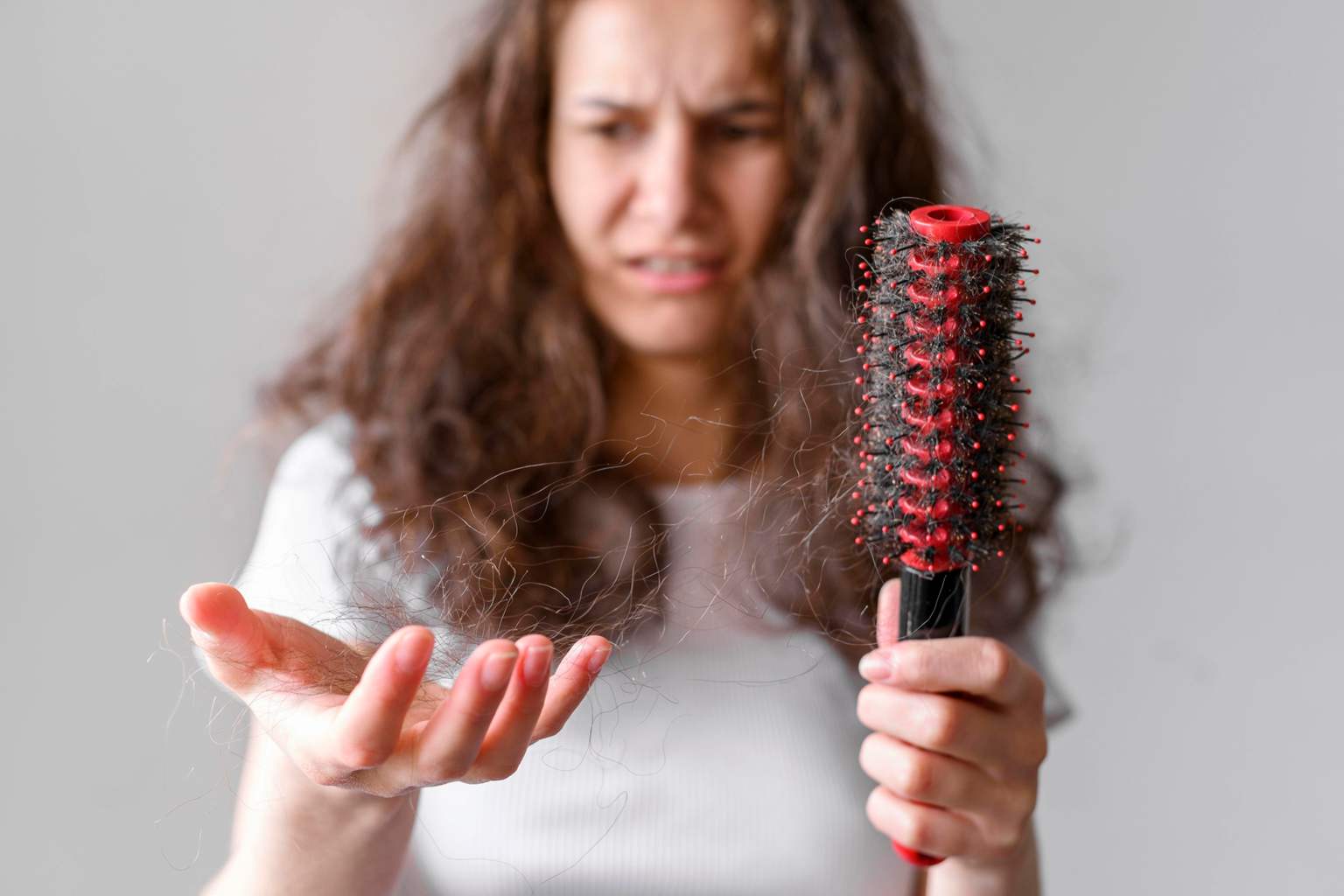Thinning hair and hair loss can sneak up on anyone, leaving you frustrated and searching for solutions. What if the secret to thicker, healthier hair is already on your plate—or just a supplement away? With many diets missing key nutrients, understanding which minerals truly support hair growth is more important than ever.
If you’re noticing strands piling up on your brush or feeling like your hair isn’t as full as it once was, don’t panic. Sometimes, all your hair needs is a little nutritional boost. Let’s dive into three essential minerals that experts agree are powerful allies in the battle against hair loss.
How zinc can revive your hair follicles
Zinc might be small, but it plays a mighty role in maintaining healthy hair growth. This mineral helps repair damaged hair follicles and encourages new cell growth, giving your hair the energy it needs to stay strong and vibrant. It’s like a gardener tending to the roots, ensuring your hair blossoms beautifully.
You can find zinc in foods like oysters, lean meats, and even dark chocolate—which makes it a bit of a treat. But with today’s busy lifestyles, many of us don’t get enough zinc through diet alone. Experts recommend about 8 to 11 milligrams daily to support hair health without overdoing it. Too much zinc can cause upset stomach or nausea, so it’s important to stick to recommended doses and choose trusted supplement brands.
For me, incorporating zinc supplements was a game changer during a stressful period when my hair started thinning. Paired with a balanced diet, I noticed less hair fallout after a few weeks.
Why iron is vital for hair growth
Iron is often called the superstar mineral for hair because it delivers oxygen to your hair follicles, speeding up the growth cycle. Without enough iron, hair can slow its growth and even fall out prematurely. Women, especially those who menstruate, are at higher risk for iron deficiency, which can show up as thinning hair.
Sources of iron like red meat, dark leafy greens, poultry, and fortified cereals are great, but many Americans still don’t meet their daily iron needs. That’s where a well-chosen iron supplement can make a difference. However, it’s crucial to consult your doctor before starting one. Knowing your iron levels not only helps protect your hair but also guards against bigger health issues.
Most adults need between 8 and 18 milligrams of iron per day. Too much iron can lead to serious problems like organ damage, so having professional guidance is a must.
How magnesium supports healthy hair production
Magnesium quietly goes about its work behind the scenes, contributing to enzyme function and helping your body produce keratin—the key protein that makes up your hair. If you’re low on magnesium, hair growth can slow, and you might even notice premature graying.
Foods rich in magnesium include bananas, beans, leafy greens, and dairy. A magnesium supplement ranging from 310 to 420 milligrams daily can help fill gaps if you’re not getting enough from food. Just be cautious; too much magnesium could lower blood pressure or upset your stomach.
When I started adding magnesium to my routine along with zinc and iron, my hair felt thicker and looked shinier within a couple of months. It’s amazing how these minerals work together to keep your hair healthy.
Bridging nutritional gaps with supplements
Your hair’s strength and shine depend on a combination of good nutrition and smart lifestyle choices. Zinc, iron, and magnesium are three minerals that can provide the foundation your hair needs to stay vibrant. While supplements can be very helpful, they’re not a magic fix. They’re simply a way to fill nutritional gaps that might occur in your daily diet.
It’s important to maintain a well-rounded diet and consult with a healthcare professional before starting any new supplements. They can help determine the right balance and ensure you’re not overdoing any minerals that could cause side effects.
Hair health is a journey, and sometimes it’s the simple things like a nutrient boost that make the biggest difference. Have you tried mineral supplements for your hair? What has worked best for you? Share your thoughts and experiences below—and let’s keep the conversation growing.
